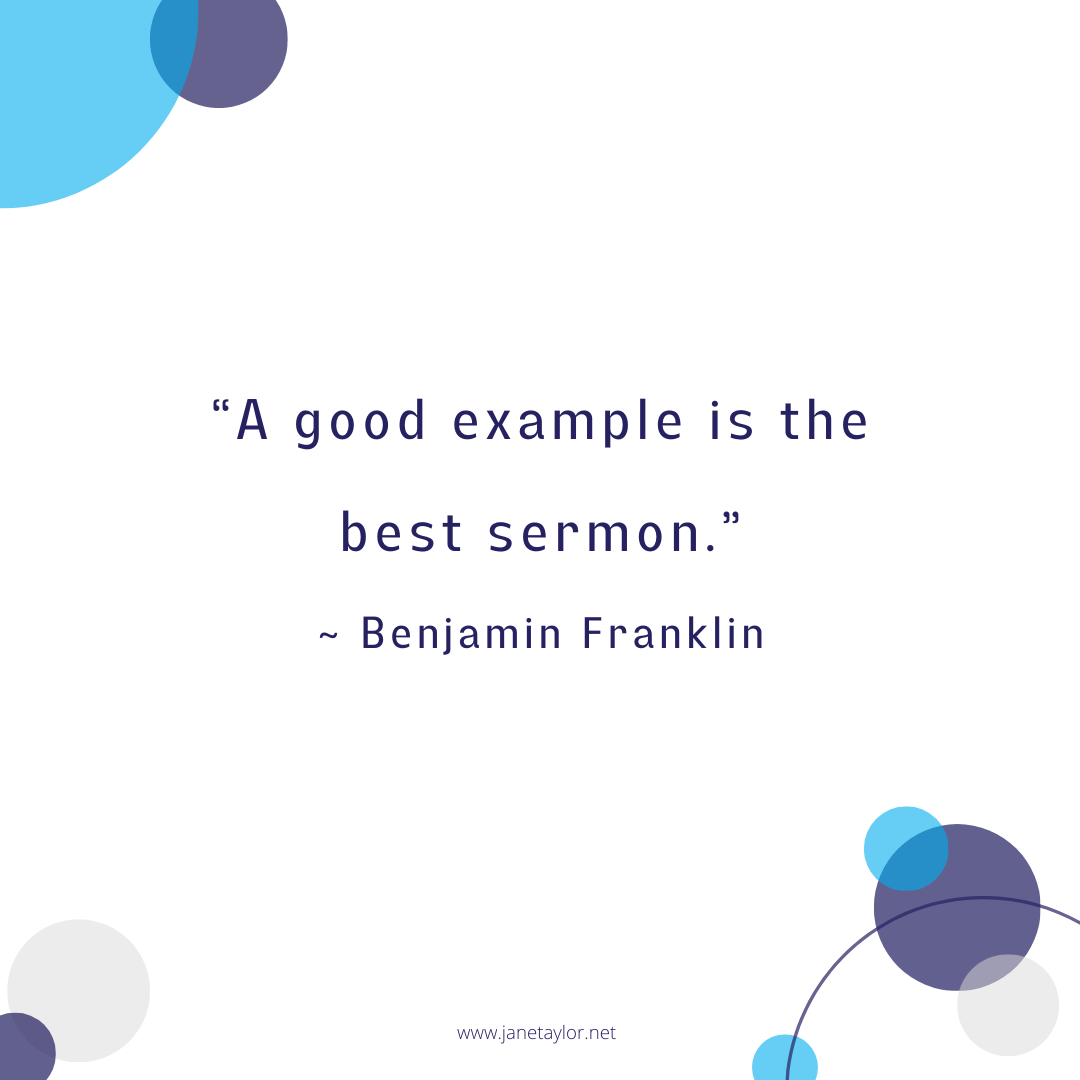5 Reasons Why People Complain

“What you’re supposed to do when you don’t like a thing is change it. If you can’t change it, change the way you think about it. Don’t complain.” ~ Maya Angelou
When we start to pay attention and see wherever we go, there you are, we start to realise there are changes we need to make. Quite often the changes needed are within ourselves and not the other people, like we think.
In this post, I am going to share –
- What Does Complain Mean?
- 7 Quotes on Complaining,
- What Constitutes a Complaint?, and
- 5 Reasons Why People Complain.
Let’s get started…
What Does Complain Mean?
Just so we are on the same page, let’s start with a meaning. There are many definitions of complain and they include –
- “express dissatisfaction or annoyance about something.” ~ Google
- “to express feelings of pain, dissatisfaction, or resentment.” ~ The Free Dictionary
- “to say that something is wrong or not satisfactory” ~ Cambridge Dictionary
- “to express grief, pain, or discontent” ~ Merriam-Webster Dictionary
- “to express resentment, displeasure, etc, esp habitually; grumble” ~ Collins Dictionary
Is there anything you would add to these definitions of complain?
7 Quotes on Complaining
Over the years, I have found that quotes are also useful to understand what a particular topic means. This is why I share the following 7 quotes on complaining –
- “See if you can catch yourself complaining, in either speech or thought, about a situation you find yourself in, what other people do or say, your surroundings, your life situation, even the weather. To complain is always nonacceptance of what is. It invariably carries an unconscious negative charge. When you complain, you make yourself into a victim. When you speak out, you are in your power. So change the situation by taking action or by speaking out if necessary or possible; leave the situation or accept it. All else is madness.” ~ Eckhart Tolle
- “Do not listen to those who weep and complain, for their disease is contagious.” ~ Og Mandino
- “Acceptance means no complaining, and happiness means no complaining about the things over which you can do nothing.” ~ Dr Wayne Dyer
- “I had no shoes and complained, until I met a man who had no feet.” ~ Indian Proverb
- “Someone may have all the technical knowledge, scientific intellect and business know-how but when he/she decides to choose laziness, excuses, procrastination, complaining and other bad attitudes, his/her relevance is meaningless.” ~ Israelmore Ayivor
- “Maturity is the ability to reap without apology and not complain when things don’t go well.” ~ Jim Rohn
- “Don’t complain about the snow on your neighbour’s roof when your own doorstep is unclean.” ~ Confucius
Do you have any others you like? If so, feel free to share them below.
What Constitutes a Complaint?
In the book, Complaint Free World, the author Will Bowen refers to complaining as talking about things you don’t want, rather than things you do want (i.e. complaining, criticising or gossiping).
“Complaining is not to be confused with informing someone of a mistake or deficiency so that it can be put right. And to refrain from complaining doesn’t necessarily mean putting up with bad quality or behavior. There is no ego in telling the waiter that your soup is cold and needs to be heated up – if you stick to the facts, which are always neutral. “How dare you serve me cold soup…” That’s complaining.” ~ Eckhart Tolle
5 Reasons Why People Complain
Will Bowen shares five reasons people complain in his book Complaint Free World. He summarises these reasons with the acronym G.R.I.P.E. They are –
- Get attention – people have an innate need to be acknowledged and will complain to be noticed (e.g. “I don’t have time for that”),
- Remove responsibility – people complain about the difficulty of a situation or task to remove themselves from taking responsibility to improve it (e.g. “It’s impossible to do that”),
- Inspire envy – this type of complaining can be bragging (e.g. “my boss is stupid” is a way of saying “I am smarter than my boss and if I was in charge, things would be better”),
- Power – having power over others instead of power with others (i.e. “if it ever comes down to it, here are the reasons why I want to have you on my side”),
- Excuse poor performance – people complaining about why they did not perform up to the required standard (e.g. “the sun was in my eyes”).
Do you recognise any of these reasons why people complain?
I know I did when I saw them and I continue to be mindful of them and of the language I use as I practice taking full responsibility for my life.
If you are ready to reclaim your courage and take the next step towards freedom and opening your heart, why not join our Toolkit?
Reference –
Bowen, W. (2013). A Complaint Free World: How to Stop Complaining and Start Enjoying the Life You Always Wanted. New York: USA: Three Rivers Press.
